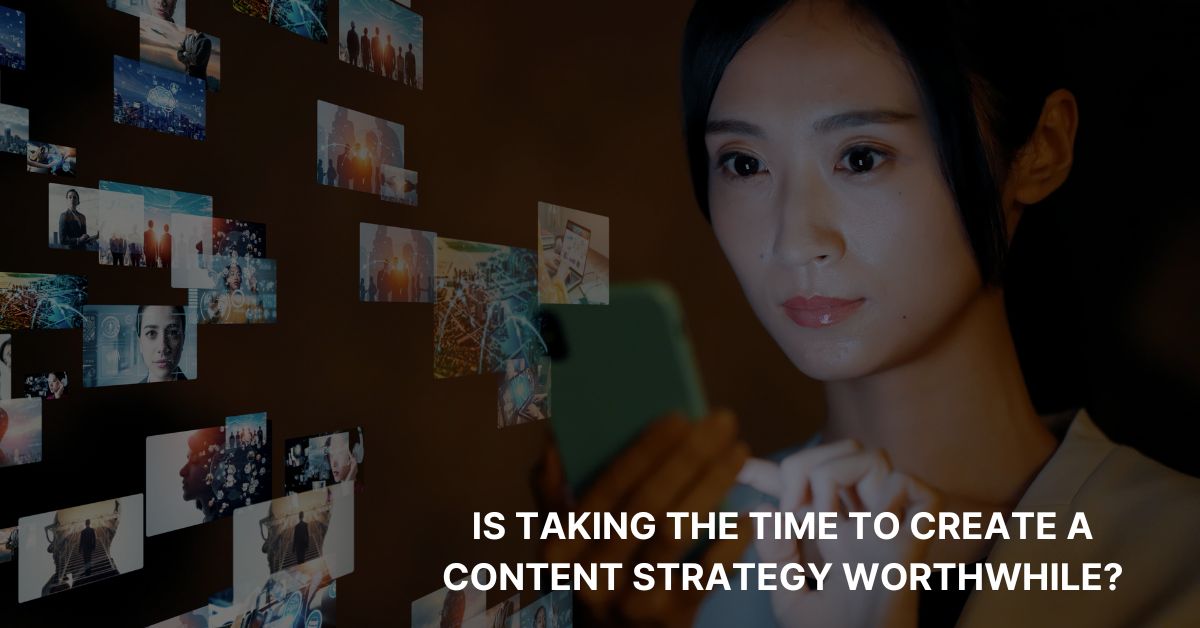
 3-Sep-2024
3-Sep-2024
We’ve all experienced it—sitting in front of a blank screen, struggling to create the next brilliant piece of content. In a world where everyone is continuously producing blog posts, videos, and social media updates, it’s natural to question: “Is it worth the time to develop a content strategy?”
Let’s explore this topic and understand why investing in a content strategy is not just a good idea, but an essential step for anyone aiming to make an impact online.
First things first: what do we mean when we say “content strategy”? It’s more than just a fancy buzzword. A content strategy is your game plan for how you’re going to use content to achieve your business goals. It’s about knowing what you want to say, who you want to say it to, and how you’re going to get it in front of them. It’s not just about churning out content; it’s about creating content that matters.
Some believe that content strategies are only for large companies with substantial budgets or that they stifle creativity. Let’s dispel those myths right now. A content strategy can be as simple or as intricate as you need it to be, and it can actually enhance creativity by providing a clear framework for brainstorming and experimenting with different ideas.
The answer is a resounding YES! Taking the time to develop a content strategy is one of the smartest moves you can make. It keeps you focused, saves you time and money, and helps you build a stronger connection with your audience. Instead of wasting time creating content that doesn’t go anywhere, you’re building a purposeful, effective presence that drives results.
In the end, a content strategy isn’t just about planning; it’s about being smart with your content. It’s about ensuring every blog post, every video, and every social media update is part of a bigger picture. So, take the time to create a content strategy. You’ll thank yourself later.


19-Sep-2025


9-Sep-2025


14-Aug-2025